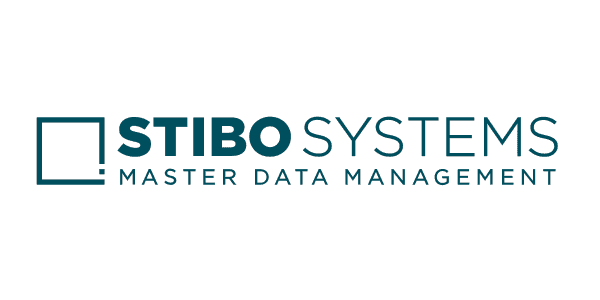Data in service mode at Stibo Systems
Four years after launching on the cloud, the Danish publisher Stibo Systems has unveiled a version of its Master Data Management (MDM) platform natively designed for SaaS.
Born in Denmark, Stibo Systems is today one of the few independent suppliers offering a multi-domain master data management (MDM) solution. On the occasion of the release of version 10.2 of the STEP platform, natively built for the cloud, Jérôme Reboul, customer success manager at Stibo Systems, talks about the current shift towards MDM in SaaS mode.
“More than 120 customers around the world have already joined our SaaS offer,” says Jérôme Reboul. According to him, in 2020, nine out of ten deals focused on SaaS, “a much faster transition than expected”, so much so that the publisher expects soon that all new customers will choose this model. Historically, the STEP platform was built for on-premises deployments. However, in 2017, Stibo Systems took a first step into the cloud, initially offering a managed services offering. The publisher then deployed a single-tenant cloud version of its platform, hosted on AWS or Azure. The current solutions represent the third generation, this time natively built for the cloud and SaaS mode. “With V.10.2 of our MDM platform, released in June, we now have a full SaaS offer, with technologies adapted to the cloud,” says Jérôme Reboul. This offer is based on the Apache Cassandra distributed database and on a containerized architecture, based on Docker and microservices.
Data as a service
For customers, the transition to SaaS responds in particular to issues of security and reliability. “At the operational level, being on Cassandra, with an infrastructure in containers and microservices, based on Docker, makes it possible to resize services dynamically,” explains Jérôme Reboul. Stibo Systems has also strengthened access control mechanisms to increase data security. “To meet the regulatory requirements of our customers, we offer several locations, including in Europe, in the clouds of AWS and Azure”, specifies the head of customer success. The SaaS offer also includes self-services, through which customers can operate the solution themselves if they wish.
SaaS also opens the way to functionalities that could hardly be implemented on site. Jérôme Reboul cites, for example, the Product Data Exchange, a set of syndication and data collection services, or the DaaS (Data-as-a-Service), which exposes master data in real time, at any time and wherever it would be. “DaaS has many applications in omnichannel strategies, to distribute data on different online and in-store communication channels”, illustrates the customer success manager. New services also include artificial intelligence, more specifically machine learning, used to automatically classify or clean data.
A desire to no longer manage the exploitation
While SaaS appeals to the majority of recent customers, the publisher has also supported many of its historical customers towards this model, including some who had been using STEP for 15 or 20 years. In France, the first customer in SaaS was for example Legrand, since joined by other large groups, such as Saint-Gobain or PSA. “These customers want to delegate the service, they no longer want to operate it themselves,” notes Jérôme Reboul. “Some very large companies have private clouds, but in reality, they still encounter operational, release and patch management issues. We observe a real desire to get rid of these aspects,” he notes. The transition is facilitated by the experience acquired with other natively SaaS solutions from the start, such as Salesforce, who have proven themselves. “What matters today is the data, not the receptacle. With SaaS, companies know that they benefit from a level of service guaranteed by the publisher,” says Jérôme Reboul.
This move towards SaaS is also transforming practices within Stibo Systems itself. Thus, the publisher is turning more and more towards continuous delivery, SaaS customers thereby benefiting from the latest developments. The company has also industrialized its operations to support customers moving from on-premises to SaaS, with professional services that secure the transition. “SaaS also makes sense for us because of our positioning as a multi-domain MDM publisher, from source to target,” says Jérôme Reboul. “With a single technology, it is possible to address all areas of the company, starting with products, assets or even customers. The cloud provides the guarantee that a site can consume the data without worrying about its position on the planet. For the customer success manager, SaaS also contributes to bringing master data to life, by enriching it through services themselves generally in the cloud, such as Dun & Bradstreet, data pools and product syndication services in different data standards. “For our customers, SaaS finally facilitates the syndication of data with online marketplaces or major distributors,” notes Jérôme Reboul.
Contributor:
Jérôme Reboul, customer success manager at Stibo Systems.




